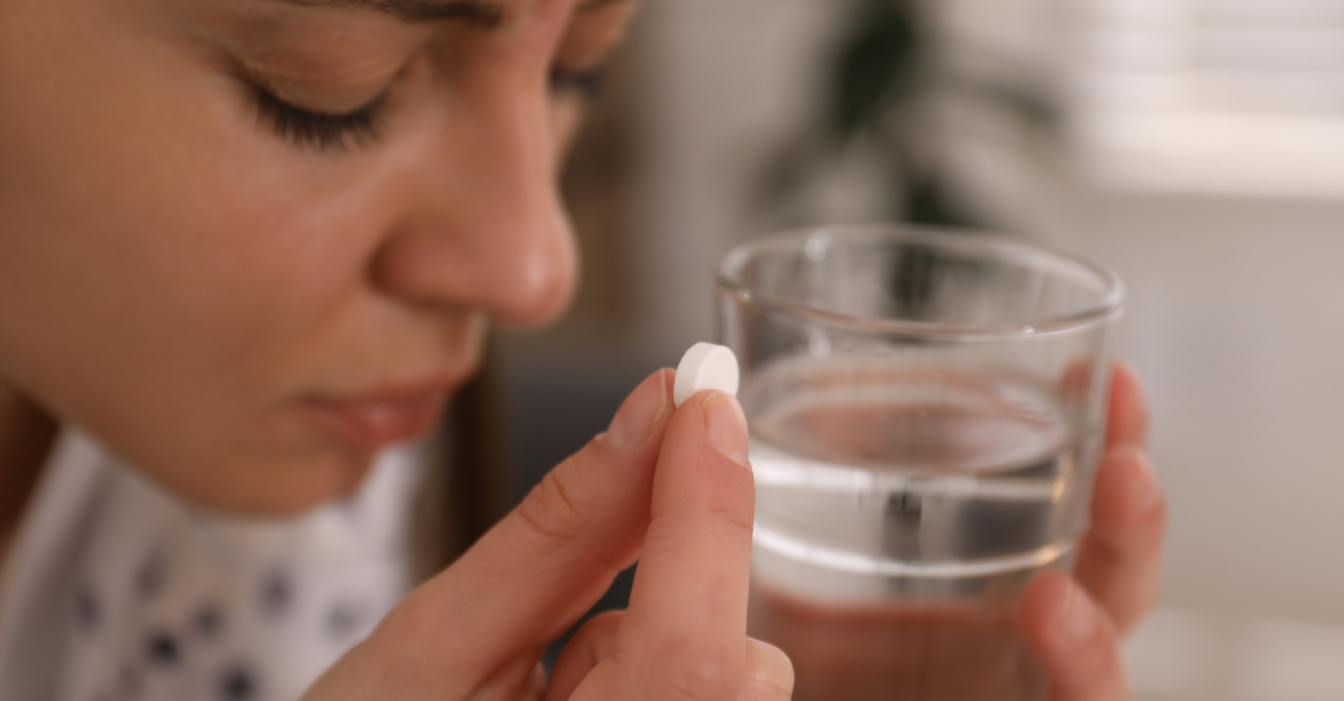The U.S. Supreme Court blocked a lower court decision late Friday that would have limited or cut off access to mifepristone, one of two medications used in non-surgical abortions, while also threatening the stability of the country's prescription-drug approval system.
A ruling earlier this month by Amarillo, Texas-based U.S. District Judge Matthew Kacsmaryk barred pharmacies nationwide from distributing mifepristone. He was upheld in part by the 5th Circuit U.S. Court of Appeals, which would have rolled access back to pre-2016 levels but allowed the pill to stay on the market.
The Biden administration and Danco Laboratories, the maker of the drug, asked the Supreme Court to intervene. It stayed the decision, returning it to the 5th Circuit to decide the merits of the case before the high court itself considers whether to grant any request for an appeal, according to the unsigned order.
The decision maintains existing levels of access to mifepristone, for now, and resolves a conflict between the Texas ruling and an order from a separate case in Washington that barred the U.S. Food and Drug Administration from curbing distribution of mifepristone in 17 states and the District of Columbia.
Only two justices, Clarence Thomas and Samuel Alito, dissented.
Thomas, facing ethical scrutiny after failing to disclose thousands of dollars in travel paid for by conservative donor Harlan Crowe as well as sales of property to the real estate magnate, said he would have denied the request for a stay.
Alito, who authored the 6-3 decision in Dobbs v. Jackson rejecting a constitutional right to abortion until a fetus can live outside the womb, said he disagreed with granting the stays partly due to previous criticism over decisions from the court's "shadow docket" that didn't follow typical procedures including oral arguments.
"I did not agree with these criticisms at the time, but if they were warranted in the cases in which they were made, they are emphatically true here," Alito wrote. "As narrowed by the Court of Appeals, the stay that would apply if we failed to broaden it would not remove mifepristone from the market. It would simply restore the circumstances that existed (and that the government defended) from 2000 to 2016 under three presidential administrations."
Mifepristone, introduced under the brand name Mifeprex, is one of two drugs prescribed together in nonsurgical abortions and commonly referred to as the abortion pill. Mifepristone blocks progesterone, a hormone required for a pregnancy to grow. The second drug in the procedure, misoprostol, causes contractions that force the fetus from a pregnant woman’s uterus.
Judge Kacsmaryk's decision to block access to mifepristone had been skewered not only by abortion rights advocates but also by pharmaceutical companies including Pfizer and industry executives and investors, who pointed out that the judge lacks the scientific and medical expertise of the FDA.
Danco had argued the original complaint was made by doctors and others who lacked standing since they had not suffered any concrete harm from mifepristone and were unlikely to do so.
'Nothing but conjecture'
Allowing it to stand "could upend FDA’s drug-approval process and empower any plaintiff to challenge the approval of other drugs, regardless of how long the drug has been on the market, on spurious grounds," the pharmaceutical companies said in their amicus brief. "Any patient, whether or not they actually suffer side effects, or any physician, whether or not they actually treat any such patient, could ask a judge to undermine patient access to any drug nationwide, based on nothing but conjecture and cherry-picked publications."
Such an outcome "would chill crucial research and development, undermine the viability of investments in this important sector, and wreak havoc on drug development and approval generally—all of which would irreparably harm patients, providers, and the entire pharmaceutical industry," they wrote.
The Texas plaintiffs who sought to block access to mifepristone originally had argued that an injunction taking if off pharmacy shelves was necessary because it was improperly approved by the FDA and poses significant health risks to women who use it.
“Mifepristone actually does not provide a medical benefit,” Erik Baptist, an attorney representing the Alliance for Hippocratic Medicine, argued in a March hearing before Kacsmaryk. “It is not a medication that treats any illness or disease.”
Instead, he claimed, its supporters “best” characterization of the drug is that it prevents complications in pregnancies “because it ends the life of an unborn baby before those complications present themselves.”
Since other medications and surgical procedures exist to address such complications, making mifepristone inaccessible wouldn’t cause any harm, said Baptist, senior counsel for the Scottsdale, Ariz.-based Alliance Defending Freedom.
Critics had accused abortion-rights opponents of judge-shopping in the case by filing it in Amarillo, one of seven divisions of the Northern District of Texas, in which Kacsmaryk is the only jurist.
The former deputy general counsel for the First Liberty Institute, a Christian conservative legal group that takes on religious liberty cases, Kacsmaryk used language favored by abortion-rights opponents to describe mifepristone in his decision.
It’s a drug that “ultimately starves the unborn human until death,” he wrote. “Because mifepristone alone will not always complete the abortion, FDA mandates a two-step drug regimen: mifepristone to kill the unborn human, followed by misoprostol to induce cramping and contractions to expel the unborn human from the mother’s womb.”


